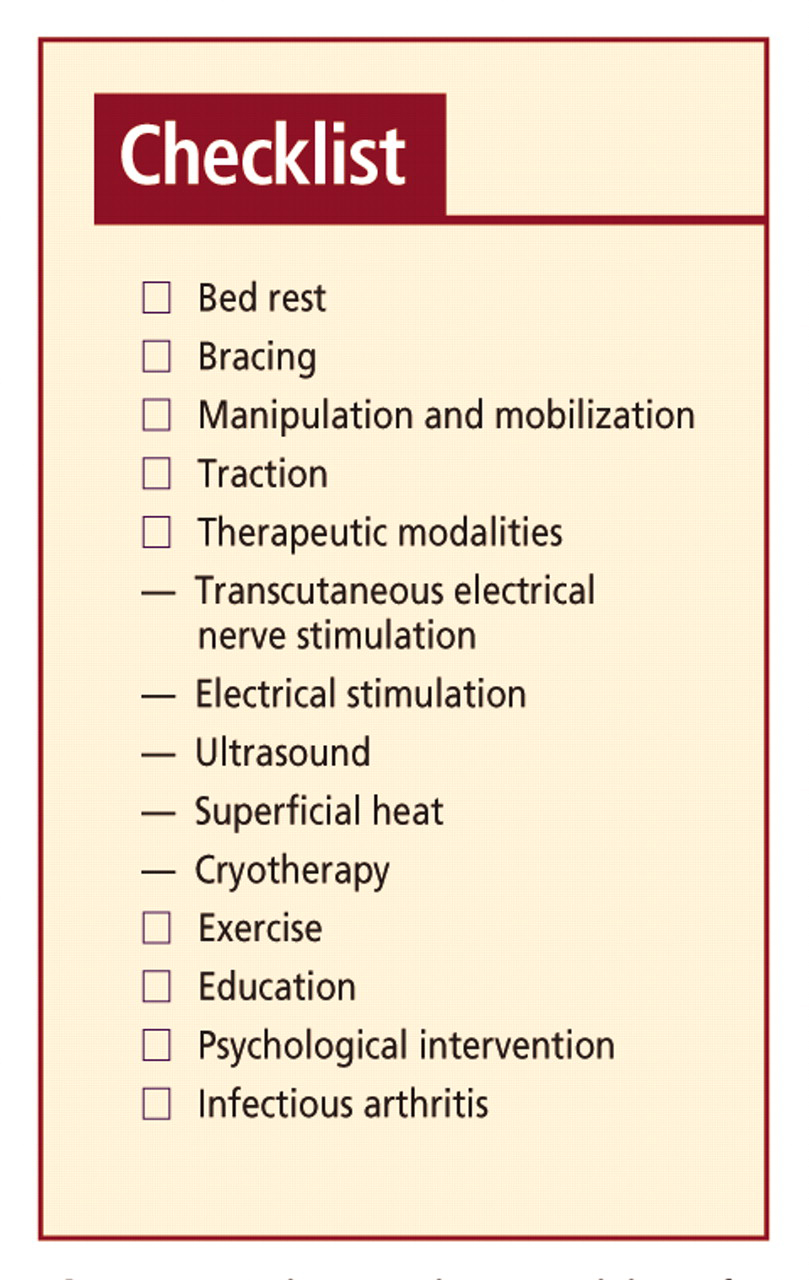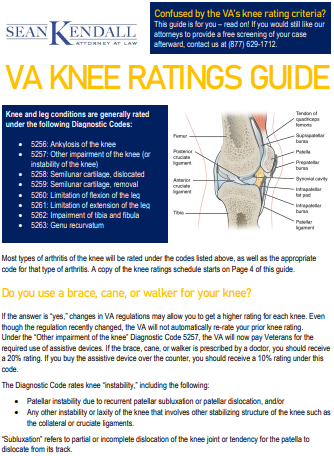Non-pharmacological approaches refer to interventions or treatments that do not involve the use of medication. These approaches are often used to manage various health conditions or improve overall well-being. In recent years, there has been an increasing interest in non-pharmacological approaches due to their potential effectiveness and minimal side effects.
One commonly used non-pharmacological approach is cognitive-behavioral therapy (CBT). This therapeutic approach aims to change patterns of thinking or behavior that may be contributing to a person’s symptoms. CBT has been found to be effective in treating conditions such as anxiety disorders, depression, and chronic pain. By helping individuals identify negative thought patterns and develop more adaptive coping strategies, CBT can lead to long-lasting improvements in mental health.
Another non-pharmacological approach is physical activity. Regular exercise has been shown to have numerous benefits for both physical and mental health. Exercise can help reduce symptoms of depression and anxiety, improve sleep quality, and boost overall mood. It has also been found to have a positive impact on cognitive function and can help prevent or manage chronic conditions such as cardiovascular disease and diabetes.
Mindfulness-based practices, such as meditation and yoga, are also gaining popularity as non-pharmacological approaches. These practices involve a focused attention on the present moment and can help individuals reduce stress, improve emotional well-being, and enhance overall resilience. They have been shown to be particularly effective in managing symptoms of chronic pain, insomnia, and anxiety disorders.
Additionally, alternative approaches like acupuncture and massage therapy are often considered non-pharmacological interventions. Acupuncture involves the insertion of thin needles into specific points in the body to promote healing and pain relief, while massage therapy involves manipulating soft tissues to improve circulation and reduce muscle tension. These practices have shown promise in alleviating symptoms of various conditions, including chronic pain, fibromyalgia, and migraines.
In conclusion, non-pharmacological approaches play a significant role in healthcare and can be effective in managing a range of conditions. From cognitive-behavioral therapy and physical activity to mindfulness practices and alternative therapies, these approaches offer individuals alternative treatment options that focus on holistic well-being and have the potential to enhance both physical and mental health.
What are 3 nonpharmacological pain relief interventions the nurse can implement?
There are various NPPM practices that nurses can apply in nursing care. Physical methods such as massage, movement restriction/rest, repositioning, and cold and hot application have important pain-relieving effects (Demir, 2012).

What are examples of non-pharmacological interventions?
Those may include, but are not limited to, mental health assessment, therapy, skills building, parenting assistance or family therapy.
What are non-pharmacological interventions called?
Nonpharmaceutical Interventions (NPIs) are actions, apart from getting vaccinated and taking medicine, that people and communities can take to help slow the spread of illnesses like pandemic influenza (flu).
Does Twin Cities Orthopedics have an urgent care?
Walk-ins Welcome Daily Open 7 days a week from 8am – 8pm, Twin Cities Orthopedics Orthopedic Urgent Care clinics can treat most acute musculoskeletal injuries. No referral or appointment is necessary to be treated by an orthopedic provider who specializes in muscle, bone, and joint care.
Who is the CEO of Twin Cities Orthopedics?
Aaron Johnson was named Chief Executive Officer of Twin Cities Orthopedics (TCO) in October 2020, after serving seven years as Chief Operating Officer.
Which is better Tria or Twin Cities Orthopedics?
TRIA Orthopaedic Center scored higher in 9 areas: Overall Rating, Culture & Values, Diversity & Inclusion, Work-life balance, Compensation & Benefits, Career Opportunities, CEO Approval, Recommend to a friend and Positive Business Outlook.


